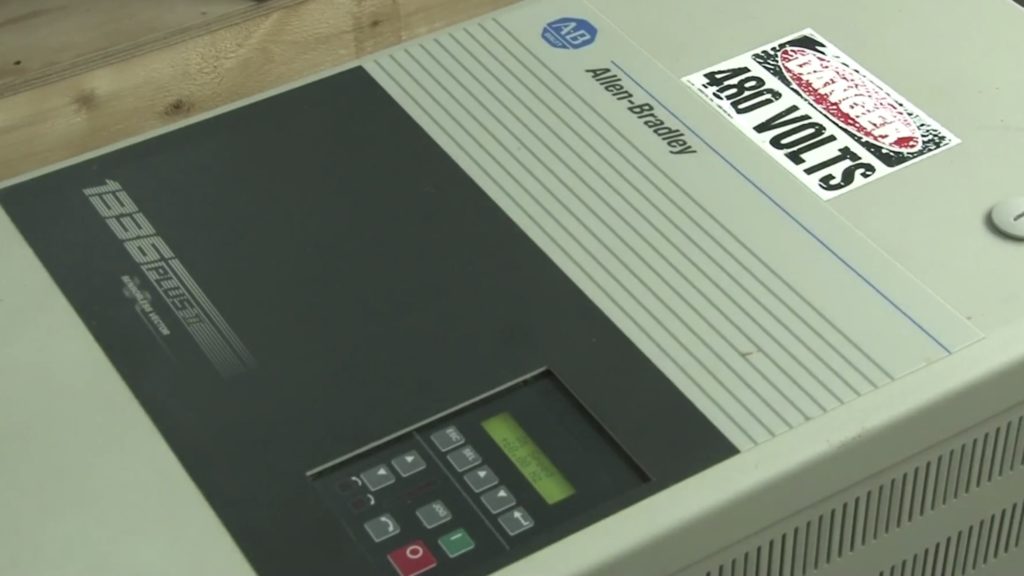Have you ever had a drive repaired where the repair company ran a motor to test it but it still failed or even blew up when you reinstalled it and ran the machine in production?
How could this happen when the repair company ran a motor to test the drive?
Drives can have certain problems that are not always detectable unless they are put under a full load. Failures and major damage can occur in drives if they are put back into production without knowing that they can handle the stresses of the application. Here are three basic reasons why having a full load test performed is so important:
1. Portions of the drive will not even turn on without out a load test
Drives run the gamut from very simple single board drives with a few simple circuits, to very complex drives with dozens of boards, option cards, and even integrated programmable logic controllers. Regardless of type or complexity all drives have circuits that are dedicated to providing output current to the motor as well as handling the rated load of the application. Without applying a full load, some components such as SCRs, Firing Boards, IGBTs, et cetera will not even turn on or fully engage without a full load on the motor. These parts are some of the key components of your drive and will not be tested for strength in normal operation without a full load test. These components can even be responsible for catastrophic damage to the drive.
2. Safety of equipment and personnel
Safety brings us to our next reason why you should make sure your repaired drive is fully load tested. A problem within a high voltage system is nothing to take lightly. A component failing within an electrical system is essentially current going somewhere it should not. This misplaced current can pose a major safety threat for all those involved in reinstallation. In an industrial application we have expensive equipment, lost production and most important of all employees safety to consider.
3. Preventing unexpected failures
A proper load test is not done simply using the load expectations of the application. Nor is it a simple function test, for example having the drive spin the motor of a shaft. Ideally you want to test at a drives fully rated load, usually to take the unit up as closely to manufacturer’s average rating in amperes as possible. This prevents an unexpected failure from occurring when the unit reaches the point of its highest load and will insure the drive will function correctly at all levels, meeting the demands of the machine at the highest performance possible.
How do we put your drive under a full load test?
We have a two step process when testing a repaired drive. The first step is our initial run test, this step is to run a motor allowing us to make sure we do not have any weak components before we move on to the final full load test. To perform the final step in our drives test, we have a 3 tier dynamometer that we use to fully load test your repaired drives. A dynamometer or dyno is two motors coupled together running in opposite directions to create resistance. This resistance is the load. We can control the amount of the load the dyno puts on the drive bringing it over and under the drives rated amount. This ensures that all the components are functioning properly and can handle what the machine will give it when in full production.
There are many reasons why a load test may be skipped. Whether it is time, cost of equipment or lack of capabilities. Often times a service center will choose to not load test when they feel the problem in the drive was evident. But what this truly does is roll the dice on whether the equipment will work, potentially causing costly failures for the customer. So be sure to ask about full load testing when having your drives repaired.
Please share your comments or questions with us below and be sure to visit www.gesrepair.com or call us at 1-877-249-1701 to learn more about our repair services. We’re proud to offer Complete Repair and Maintenance on all types of Industrial Electronics, Servo Motors, AC and DC Motors, Hydraulics and Pneumatics. Please subscribe to our YouTube page, Like Us on Facebook! Thank you!
